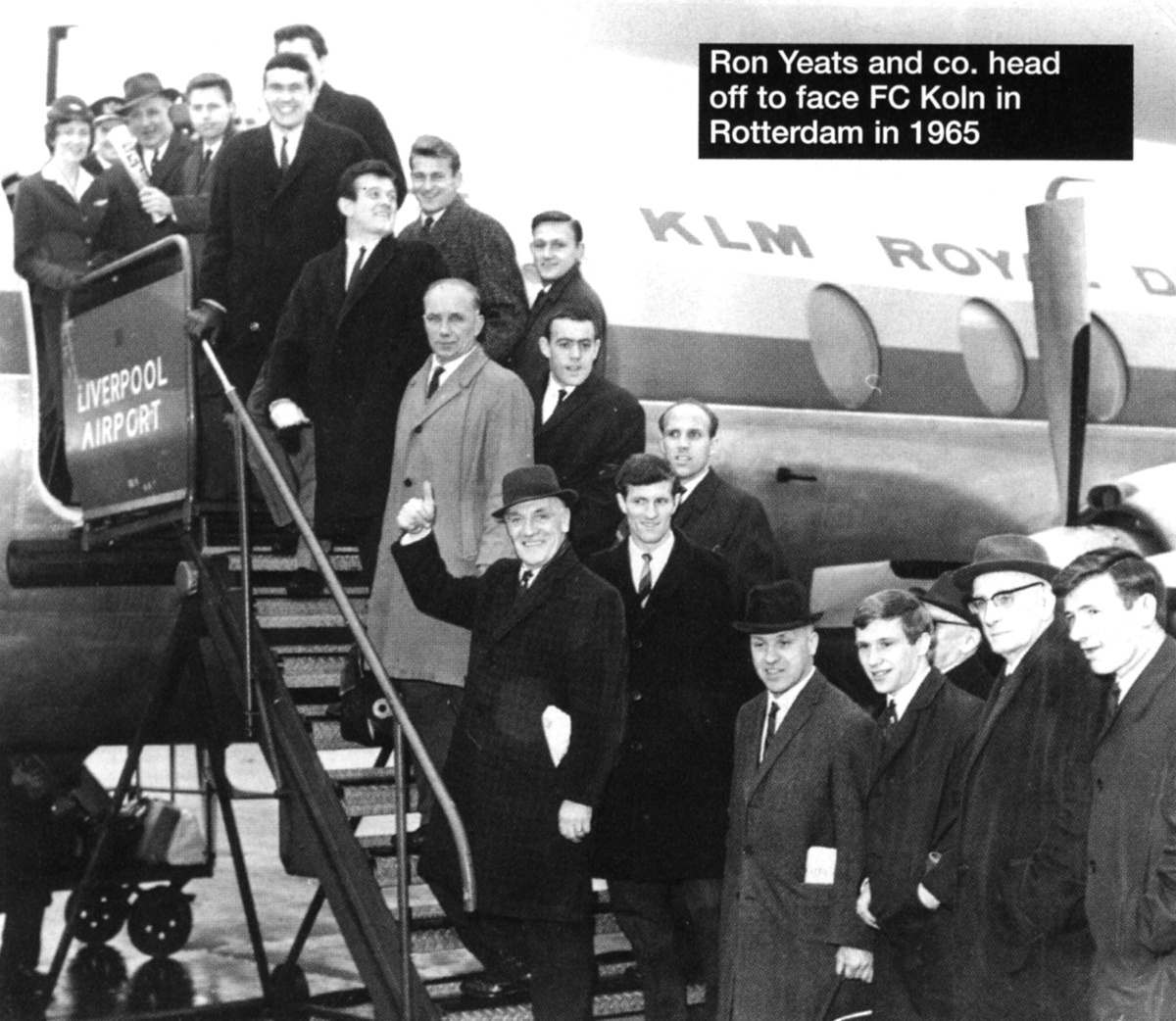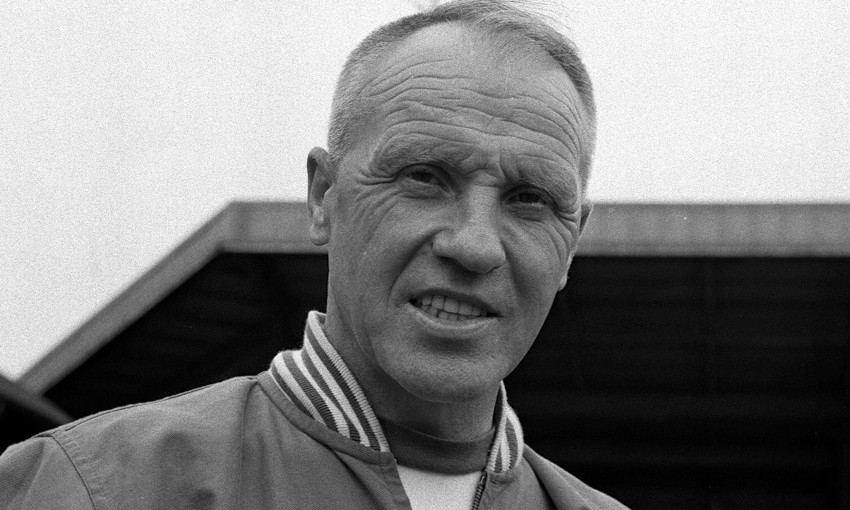The six-week European Cup tie Liverpool won through chance
On this day in 1965, one of the most unusual European Cup ties in Liverpool FC history came to a strange conclusion.
Bill Shankly’s side were making their first foray into European football that season and so far, everything had gone pretty well.
Commanding wins against KR Reykjavik and Anderlecht, by aggregate scores of 11-1 and 4-0 respectively, had set up a meeting with the German champions, Cologne.
The first leg on February 10 ended in a goalless stalemate at Mungersdorfer Stadion, a result most observers deemed satisfactory for Liverpool ahead of a return clash at Anfield.
It would be five weeks before they could meet again, however, as the second match – slated for March 3 – was postponed shortly before kick-off due to snowy conditions on Merseyside.
When they finally took to the turf a fortnight later, it was a case of déjà vu.
Contemporary reports describe Liverpool’s dominance but Roger Hunt, Ian St John and co could find no way past the inspired Cologne goalkeeper Toni Schumacher and it finished 0-0.
So, in an era before the away goals rule or penalty shootouts were deployed, a third encounter was ordered to decide who would face the holders, Inter Milan, in the semi-finals.

Rotterdam was the venue for part three of the trilogy and Shankly’s pre-match confidence was borne out when St John and then Hunt beat Schumacher to put his team two goals ahead.
But Cologne shrugged off an injury to the influential Wolfgang Weber to strike back twice, either side of half-time, and the 2-2 scoreline stayed true throughout the remainder of the 90 minutes and extra-time.
The deadlock, therefore, had to be broken finally by the toss of a red and white disc.
“Red for Liverpool, white for Cologne,” explained the referee, Robert Schaut, before dispatching the token up into the air and back down into the mud of the turf, where it landed – incredibly – on its side as a scrum watched on intently.
On take two, fate smiled upon Shankly’s men, the red face of the disc confirming it would be Liverpool progressing to the next round.
Watch: Liverpool beat Cologne by toss
“It’s a ridiculous way to decide any football match or, indeed, any sporting event,” Shankly noted. “Surely there must be a way to relate victory to the game itself.”
More frustratingly for Shankly, the win – notwithstanding its manner – proved to be in vain as Inter controversially edged his side in the subsequent semi-finals.
Glory instead came at Wembley on May 1 as Liverpool got the job done in extra-time against Leeds United, with St John’s header securing the club’s much-coveted first FA Cup.



